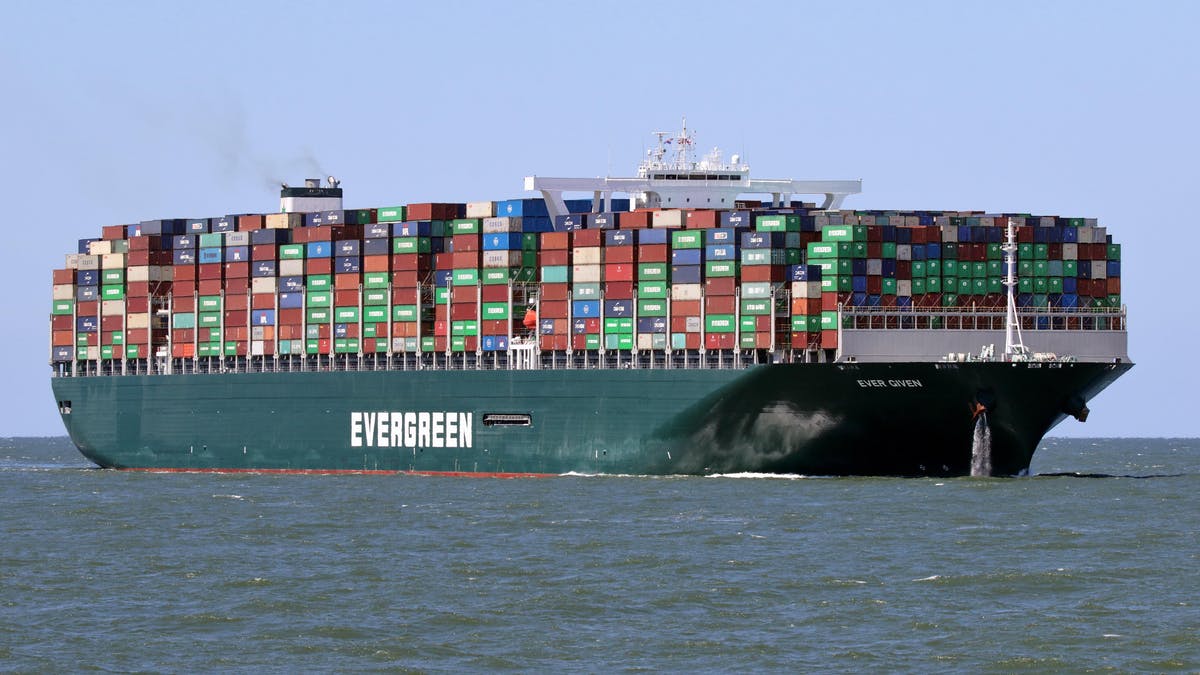How To Export Passenger and Cargo Ships from Nigeria: A Guide
How To Export Passenger and Cargo Ships from Nigeria: A Guide
In order to increase the total volume of merchandise exports from Nigeria, it is imperative that the Nigerian government invests in a comprehensive short-term and long-term strategy to diversify goods and services for export. This will not only help the country reduce its dependence on oil, but will also help bolster economic growth by creating more jobs and new opportunities. One of the most significant efforts to diversify exports from Nigeria is to move away from exporting raw materials such as crude oil and export manufactured goods. In this article, we’ll discuss how Nigeria can successfully diversify its exports through exporting passenger and cargo ships.
Why export passenger and cargo ships?
There are two main reasons why Nigeria should export passenger and cargo ships.
The first reason is that it will help reduce the country’s dependence on oil as a primary export. Nigeria is one of the top ten countries in the world in terms of oil production and it exports over 2.2 million barrels per day, making it the world’s eighth largest oil producer. However, this reliance on oil as a primary export is not sustainable and has resulted in many issues for the country, including poverty, inequality, and pollution.
Nigeria needs to diversify its exports to include industries that are not oil-based. A great way to do this is by exporting passenger and cargo ships.
The second reason exporting passenger and cargo ships will help Nigeria is that it will create more jobs and opportunities. It will also reduce poverty because it creates more jobs for people around the country.
Competition in the market
In the past few years, Nigeria has been investing in exports of raw materials such as crude oil and other commodities. This has been a successful strategy in the past, but it is important for Nigeria to invest in exporting goods and services. As a country with a large population, Nigeria has a lot of potential in the export market. For example, in the United States alone, there are over 200 million people of Nigerian descent who could be potential consumers of Nigerian goods and services.
Nigeria has the opportunity to take advantage of its large population by fostering an economy that will create jobs and decrease dependence on oil. In order to do this, Nigeria should invest in exporting goods and services such as passenger and cargo ships. In the United States alone, there are over 200 million people of Nigerian descent who could be potential consumers of Nigerian goods and services. By exporting these products from Nigeria, the country will be able to take advantage of its large population.
How to work with shipping companies
In order to ensure that the export of cargo ships from Nigeria is a success, the government must incentivize companies to invest in the export of goods and services. This can be done by providing tax breaks, paying for infrastructure projects, and by providing loan guarantees.
Another strategy is to work with international shipping companies to ensure that companies have a reliable way to export cargo ships from Nigeria. Shipping companies can also help companies find freight, ship containers, and offer logistical support.
Nigerian companies should also look into investing in new technologies that will help them export more goods and services abroad. This includes investing in new technologies like 3D printing and drones. Investing in these new technologies will allow Nigerian companies to create new products and services, which can be exported abroad.
By investing in these new technologies and manufacturing goods and services for export, Nigeria will be able to create more jobs and diversify its exports. Doing so will make Nigerian exports more competitive and reduce the country’s dependence on oil as a source of revenue.
The process of exporting a ship from Nigeria
The Nigerian government needs to allocate resources to build and equip a shipyard in Nigeria to allow for the production of ships. The country should also invest in the training of its future shipbuilding workforce so that there is a skilled workforce to produce not only passenger and cargo ships, but also other goods and services for export.
Additionally, Nigeria should incentivize local companies to invest in the process of exporting passenger and cargo ships from Nigeria by providing them with tax benefits or other subsidies. Finally, there should be a strategy for enforcing contracts and discouraging corruption in the process of exporting passenger and cargo ships from Nigeria. In this way, Nigeria will be able to create a well-regulated environment for local manufacturers who want to export from Nigeria.
Conclusion
In conclusion, there are many ways Nigeria can diversify its exports. For one, the country needs to invest in a comprehensive short-term and long-term strategy to diversify goods and services for export. This will not only help the country reduce its dependence on oil, but will also help bolster economic growth by creating more jobs and new opportunities.
One of the most significant efforts to diversify exports from Nigeria is to move away from exporting raw materials such as crude oil and export manufactured goods. In this article, we’ll discuss how Nigeria can successfully diversify its exports through exporting passenger and cargo ships.
Nigeria has many advantages when it comes to exporting ships. It’s close to the world’s shipping routes, it has access to good ports, and it has shipyards capable of building ships. With the right investments, the Nigerian merchant marine industry could become a major exporter of passenger and cargo ships. Millions of dollars in revenue for the Nigerian government, thousands of new jobs created, and increased economic growth for the country await if Nigeria can successfully export passenger and cargo ships.








LEAVE A COMMENT
You must be logged in to post a comment.